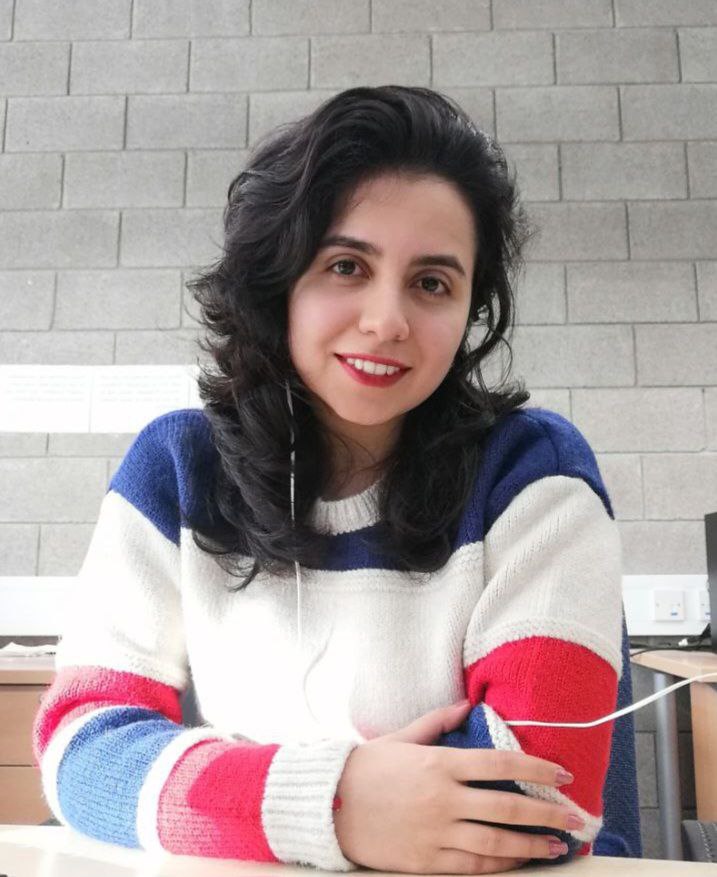NexSys PhD researcher Maryam Pourmahdi, based in UCD’s School of Electrical and Electronic Engineering, was recently awarded the Best Paper Award at the Universities Power Engineering Conference (UPEC) in TU Dublin.
We catch up with Maryam below.

What is your NexSys research about and what are you working on at the moment?
My research focuses on creating better and more efficient devices called “rectifiers” that convert alternating current (AC) from the grid to direct current (DC) for use in various applications like electric vehicle charging, power supplies, and hydrogen production. I’m currently working on a design that not only improves energy efficiency but also reduces electromagnetic interference noise, making it safer and more grid friendly. The title of my NexSys project is ‘Advanced Active rectifiers for grid connected applications.’
How did you become interested in this research field?
I was initially intrigued by the challenges of modern power systems and the importance of energy efficiency. With the growing demand for DC power in various applications, the role of rectifiers becomes critical. This led me to explore how these devices could be designed to be more efficient, reliable, and compatible with the power grid.
What is one interesting fact about your research area people may not know about?
My research offers ‘grid-friendly’ rectifiers that not only reduce electrical noise but also maintain stable interactions with the electrical grid. This is critical for preventing disruptions and failures. Additionally, my work has applications in electrolysers for green hydrogen production, making them more efficient and compact.
What is the wider relevance of your research to the energy transition?
The efficiency and reliability of rectifiers are paramount, especially when applied to electrolysers—devices pivotal to the production of green hydrogen, an emerging clean energy source. As the world shifts towards cleaner energy solutions, my research on advanced rectifiers can significantly enhance the efficiency of hydrogen production systems. This translates to reduced energy waste, lower greenhouse gas emissions, and more affordable green hydrogen, potentially accelerating policy shifts towards this sustainable energy option.
You recently won a Best Paper Award at the Universities Power Engineering Conference in TU Dublin. Congratulations! What was the paper about?
The paper title was “Dual-Cuk High Step-up Bridgeless PFC Converters with Continuous Input and Output Currents”. This paper proposes two novel types of dual-Cuk bridgeless rectifiers for voltage conversion in power systems. These grid-friendly rectifiers overcome the limitations of conventional boost rectifiers and offer several significant advantages including high reliability, low voltage stress across the semiconductors, continuous input and output current, and high step-up voltage operation capability.
What is something people may find surprising about you?
Outside the lab, I have a passion for painting and portraiture, where I find a different kind of creative expression compared to my scientific work. I also enjoy playing the guitar, which serves as a melodic break from the analytical world. Additionally, I love feeding birds; it’s a simple act that brings me immense joy and a sense of connection to nature.
